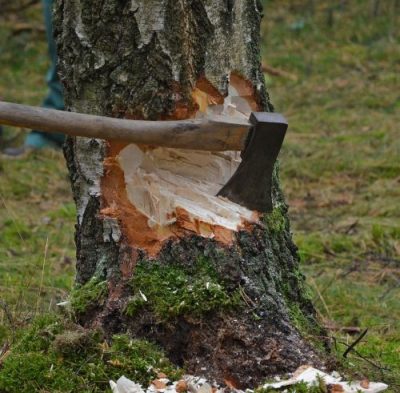You have finally moved into your new home and as a first time homeowner tips are important. You are moving your furniture in, picking out paint colors, and hanging up pictures. But with all the excitement happening with owning your first home, you feel like you are missing important tips that a homeowner should know, especially tips on mistakes that you should avoid. Here are six mistakes brand new homeowners make, and why these mistakes are super important to avoid.
First Time Homeowner Tips: Six Mistakes to Avoid

1) Do You Know Where The Main Water Shutoff Valve Is?
Let me tell you a quick story. The day I signed the closing papers on my home, I was so excited to own a home and I ran right out, grabbed a moving truck, stacked the boxes in, and drove over to my new home. Backing the truck up to the door to make unloading easier, I ran over a pipe that broke and dozens of gallons of water began to flood the gardens and driveway. What did I do? Jump out of the truck and shit off the valve to the main water line.
A busted water pipe will flood everything in minutes, and if the pipe is inside your home, you are looking at possible damage to drywall, flooring, and your valuables. Did you know that water damage is one of the leading claims in the household insurance industry? Before that major disaster happens, find the water shut off valve. Make sure everyone knows where this valve is and how to shut it off. having this knowledge will save you from having a future headache.
2) Did You Dial 811 Before You Dug That Hole?
It’s spring time and you and your family are ready to dig in the yard and place that new fence and plant that beautiful garden. But where do you dig? If you don’t know, you could end up hitting a water pipe, a cable, important wires…It’s time to call 811, a free service that will keep you safe and help avoid costly repairs. The hotline will contact your local utilities to come out to your home and mark locations of underground things you need avoid. As a first time homeowner tips like this are very important.
3) Did You Check the Slope of the Foundation Soil?
The landscape around your foundation of your home should slope away from the house at least six inches over ten feet. Do you know why? As a homeowner, you need to make sure that rain water does not soak into the ground around the foundation walls which can build up pressure that can cause leaks and cracks in the foundation which then leads to super costly repairs. This damage does not happen in one night. It takes years to affect the foundation. So the sooner you correct the issue, the better off you’ll be.
4) Do You Know the Depth of Your Attic Insulation?
First, have you located your attic? If not, let’s go find it together. Look for a square area with molding around it, usually located in a hallway or closet ceiling. Pust on it. Congratulations! You found your attic! Now climb a ladder and check out the depth of the insulation. If you can see the top of the joists, you do not have enough insulation. The recommended amount of insulation for most attics is about ten to fourteen inches deep. And did you check if the hatch is insulated too? If it is not, you will need a four-inch thick foam board glued to the top of the hatch.
5) Stop Carelessly Drilling Into Walls!
As a first time homeowner tips people are giving you is to paint the walls and hang some pictures. So you paint the walls and start hanging shelves, photos, maybe even a surround system in that living room. Well, STOP! Do you even know what is behind your wall? There are plumbing pipes, wires, ductwork…
The first thing you should do is buy a stud finder, around $25, that detects changes in the wall to find out where those studs and ducts are. Now they are not foolproof, so protect yourself by only drilling one and a quarter inch deep.
6) Are You Cutting Down That Tree?
Are you cutting down that tree and not a professional? Trust me, the risk is not worth it. Even the small trees can fall wrong, damaging your home or your neighbor’s home. And in some towns, you need to pay for a permit first before a tree can come down. Taking down trees is an art, not a DIY Saturday project. Plus, having some trees can preserve property values and provide some shade to cut down on your energy bill. So you may want to think twice before you go all Lumberjack in your backyard.